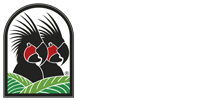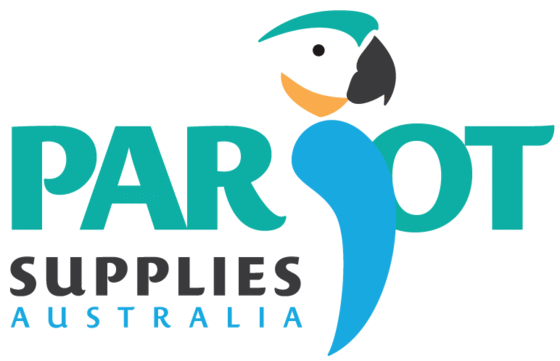| Providing information and support on the keeping, breeding and care of parrots in captivity and encouraging 'best practice' for all aspects of parrot aviculture. | Can we help? Tel: 07 3208 5610 Member login above. |
BIRD DIET & NUTRITION |
Thanks for wanting to find out more about diet and nutrition.It is our absolute responsibility as bird-keepers to ensure we’re feeding an appropriate diet that will allow our species to flourish. This is one based on sound science, and not driven by cost. Many bird species have suffered at the hand of inferior diets, and impacted the quality of those blood lines in Australia. If you’re planning on keeping birds, do the research and ask questions. It’s the best method to ensure your birds are healthy and happy. Nutrition is one of the most fundamental parts of keeping birds. As Aviculture has evolved, so has our knowledge about feeding requirements. However this isn’t just about what nutrients can be supplied with various foods. It’s also about the psychological benefits that various feeding techniques can provide. This includes foraging behaviour, something that’s innate to birds in the wild. There are some fantastic examples of this, such as using natural cat litter to hide pellets or nuts. Another example is the ‘baffle cage’ and hiding different foods and making your birds work for their treats. This is replicated in the wild where a bird forages for food, and is reinforced through reward by finding the food; thus creating an enriching experience for them. Now onto a divisive topic - Pellets versus Seed. Realistically, the answer is simple. But to explain some of the science here's a short video from ZuPreem: |
Although seeds are commonly eaten by birds in the wild, they can actually prove harmful to domesticated birds. That’s because pet birds are unable to fly and burn enough fat. By comparison, ZuPreem bird food primarily features Smart Pellets, which are: - Fortified with essential vitamins, minerals and amino acids which seeds lack - Lower in fat than most seeds to support cardiovascular and liver health - Made with real whole grains from North America’s Heartland - Engaging due to their various shapes and colors - Highly recommended by leading avian veterinarians and specialists |

